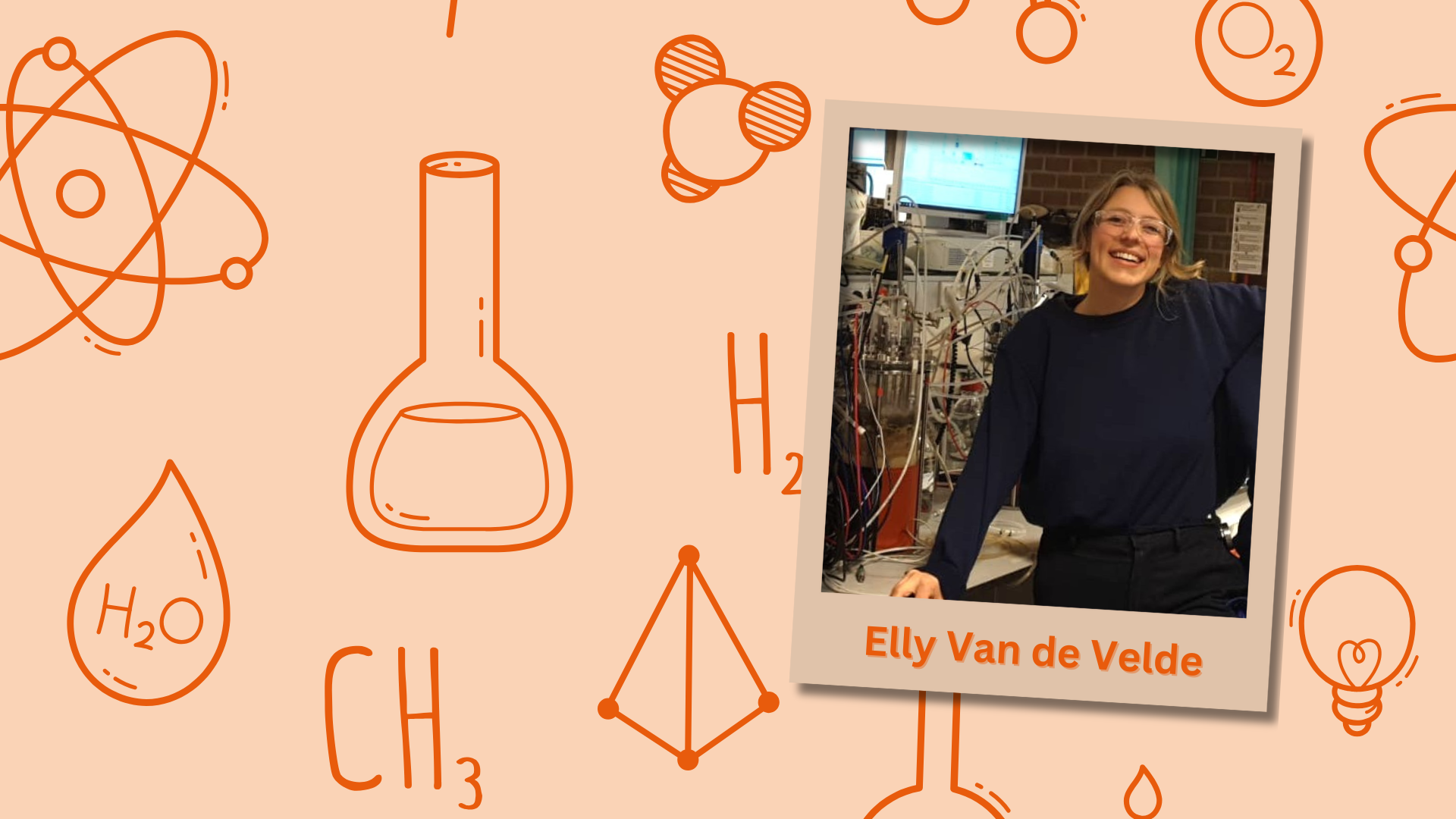To promote the full and equal access and participation of females in Science, Technology, Engineering, and Mathematics (STEM), the International Day of Women and Girls in Science takes place on 11 February every year. Within CAPTUS are many inspiring women who are contributing to the project’s progress. One of them is Elly Van de Velde: At Bio Base Europe Pilot Plant (BBEPP) she works an Expert R&D Engineer. The following interview gives an impression of Elly’s work, inspirations, and ambitions, offering a glimpse into her journey in STEM.
What is your academic background and why have you decided to pursue science, technology, engineering and mathematics (STEM) and more specifically your field of work?
I studied bioscience engineering and have worked in fermentation since graduating 6 years ago.
I have always been interested in everything bio, mostly plants and animals when I was a kid. Being a bit of a germaphobe in my teens, discovering the invisible world of microbes in the bachelors really helped turning something scary into something fascinating. I love learning about microbial ecology, adaptations of microbes to their environment and the way they interact with host organisms. Harnessing their unique characteristics for a variety of applications became my passion.
What are you doing at BBEPP and what is your role in CAPTUS?
I’m an expert R&D engineer at BBEPP, developing fermentation processes for a variety of different applications. In CAPTUS I’m involved in the optimization of the process to convert acetate to microbial oils.
What motivates you to work in CAPTUS?
It might sound a bit cliché but being able to work in a project focused on capturing carbon from emission gasses in collaboration with one of the biggest carbon emitters in Belgium, ArcelorMittal… That makes you feel like you’re making a (small) difference.
Are there female role models that inspired you throughout your training or your career?
Since doing my bachelors thesis in the lab of prof. Sarah Lebeer in Antwerp, I’ve found their work very inspiring. There is still a sex and gender bias in medical research, impacting women’s health care. It is exciting to see a project like Isala, focusing resources on studying women’s reproductive health.
What are your expectations and wishes for the future regarding the role of women in science? What advice can you give girls interested in a career in STEM?
Most of the women I have worked with up until now have been relatively young. I wish that in the future we can be surrounded by women of all ages in STEM. It would be nice to see our “future self” represented more, to look up to and learn from.
